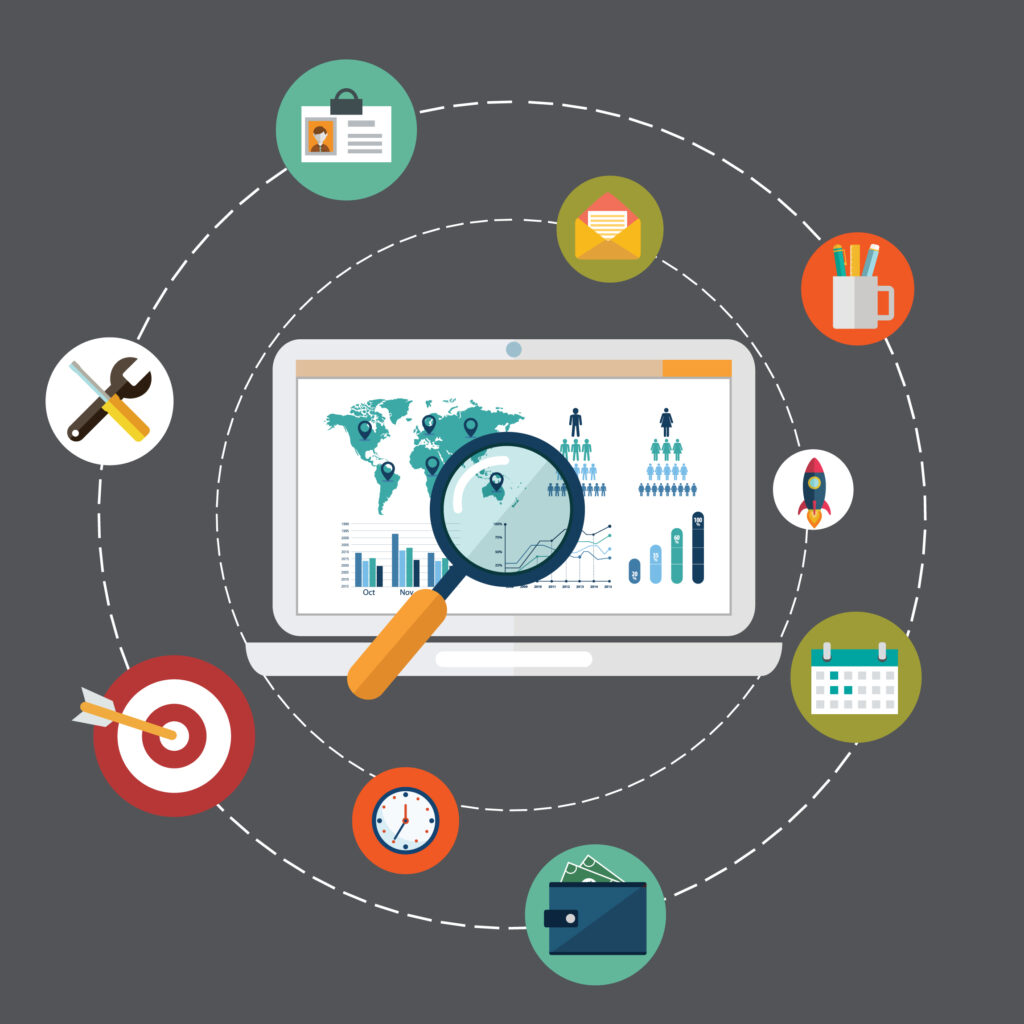Monitoring & Supervision tools
Home » Monitoring & Supervision tools
Monitoring & Supervision tools
Monitoring and supervision tools are essential components of effective quality assurance and improvement in various fields, including healthcare, education, and project management. These tools help assess performance, track progress, and ensure that activities align with established standards and objectives. Here are some common monitoring and supervision tools used in different contexts:
Checklists:
Checklists are simple yet powerful tools that list specific tasks or criteria. They help ensure that essential steps are followed, and all necessary components are in place. Checklists are widely used in healthcare for procedures, safety protocols, and quality assurance.
Scorecards and Dashboards:
Scorecards and dashboards provide a visual representation of key performance indicators (KPIs) and metrics. These tools allow for quick and easy monitoring of trends, achievements, and areas requiring attention. They are valuable in project management and organizational performance tracking.

Surveys and Questionnaires:
Surveys and questionnaires are effective tools for collecting feedback from stakeholders. They are commonly used in areas such as customer satisfaction, employee engagement, and program evaluation. In healthcare, patient satisfaction surveys are frequently employed.
Key Performance Indicators (KPIs):
KPIs are specific, measurable metrics used to evaluate the performance of an organization, team, or individual. They provide a clear understanding of progress toward goals and objectives. KPIs are versatile and can be applied in various contexts, including healthcare, education, and business.
Mystery Shopping:
Commonly used in retail and service industries, mystery shopping involves sending anonymous evaluators to assess the quality of services. In healthcare, this method can be adapted to evaluate patient experiences, adherence to protocols, and overall service quality.
Performance Appraisals:
Performance appraisals are systematic assessments of an individual’s job performance. They are commonly used in the workplace to evaluate employee contributions and identify areas for improvement. In healthcare, performance appraisals can be applied to healthcare professionals and administrative staff.
Site Visits and Observations:
Conducting site visits and direct observations allows supervisors to assess operations, compliance with protocols, and the overall work environment. This method is commonly used in healthcare to ensure adherence to safety standards and quality care practices.
Audit and Compliance Tools:
Audit tools assess compliance with established standards and regulations. They are commonly used in industries with strict regulatory requirements, such as healthcare, finance, and manufacturing.
Project Management Tools:
Various project management tools, including Gantt charts, project timelines, and task management software, help monitor progress, identify bottlenecks, and ensure that projects are on track.
Risk Assessment Tools:
Risk assessment tools help identify potential risks and vulnerabilities in a process, project, or system. They are used to develop strategies for risk mitigation and contingency planning.
Training and Capacity Building Tools:
Tools for monitoring training and capacity building initiatives assess the effectiveness of training programs. Pre- and post-training assessments, skills tests, and feedback forms are commonly used in this context.
Quality Improvement Tools:
Tools such as the Plan-Do-Study-Act (PDSA) cycle, Six Sigma methodologies, and root cause analysis tools are essential for continuous quality improvement initiatives.
Electronic Health Record (EHR) Systems:
In healthcare, EHR systems provide comprehensive tools for monitoring patient care, tracking treatment plans, and ensuring accurate and up-to-date medical records.
GPS and Geospatial Tools:
Geospatial tools, including GPS technology, can be used for tracking the movement of resources, personnel, or equipment in various fields, such as logistics and emergency response.
Selecting the appropriate monitoring and supervision tools depends on the context, objectives, and specific requirements of the task or project at hand. The goal is to choose tools that provide accurate and timely information, facilitate decision-making, and contribute to overall improvement and efficiency.
Ready to Begin?
Start with our FREE Consultation!
Or call +880 1766-709223 or write us at info@qcconcern.org with any other questions.
